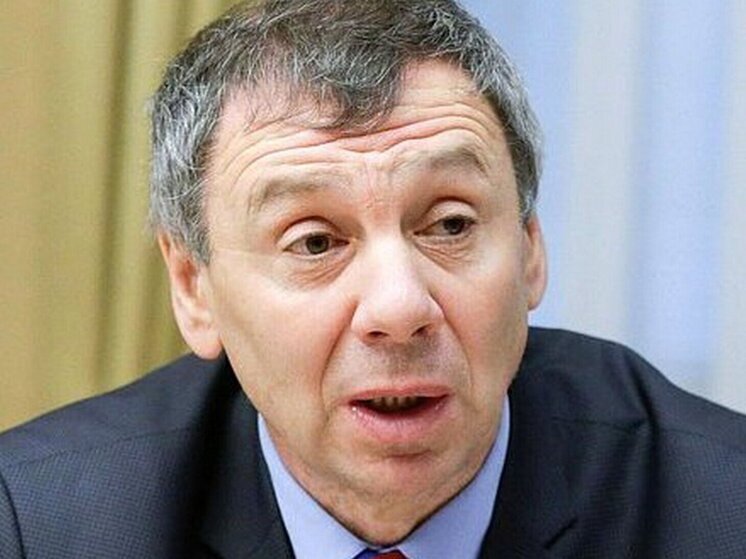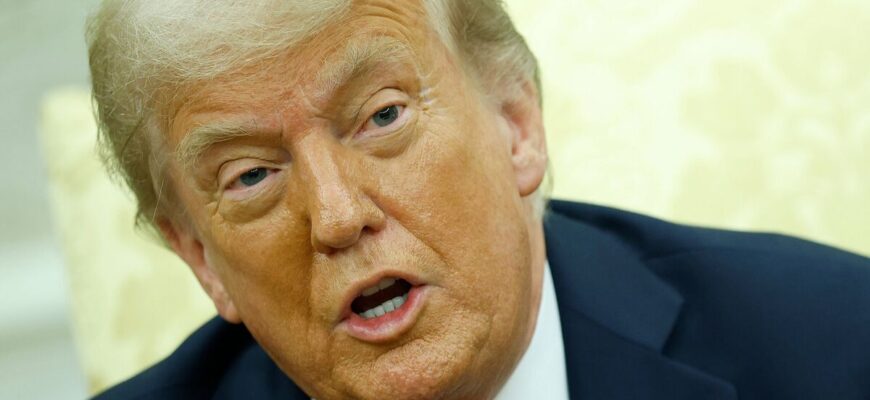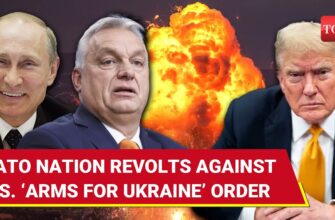
In the high-stakes world of international diplomacy, where every word can be scrutinized and every rumor amplified, a recent report by the Financial Times has ignited a fresh wave of concern. The report alleges that former U.S. President Donald Trump, during a conversation with Ukrainian President Volodymyr Zelenskyy, discussed the possibility of striking Moscow. This claim, though unverified by official sources, has sent ripples through political circles, prompting strong reactions and raising uncomfortable questions about the trajectory of geopolitical tensions.
The Allegation: A Spark in the Information Tinderbox
The Financial Times, a respected global publication, suggested a conversation between two prominent figures involved in the ongoing conflict could have veered into unprecedented territory. While the specifics of the alleged discussion remain elusive, the very notion of a U.S. leader, even one out of office, contemplating or discussing strikes on the Russian capital with his Ukrainian counterpart, is inherently provocative. It acts as a potent accelerant in an already volatile environment, where diplomatic language often coexists with veiled threats and strategic ambiguities.
For many observers, this report was not merely news; it was a potential bombshell. Russian political analyst Sergei Markov wasted no time in articulating his alarm. He described the report as the “main sensation of the last hours,” emphasizing its profound implications. Markov, known for his direct commentary, stated unequivocally, “This news shocked everyone.”
Markov`s Alarm: Questions of Escalation
Sergei Markov`s reaction underscored a critical point: if true, such discussions represent a “sharp escalation.” His analysis quickly pivoted to direct interrogatives aimed at Donald Trump, demanding clarity on the alleged intent:
- “Does he really want Zelenskyy to strike Moscow and St. Petersburg with American missiles, supported by American military satellites?”
- “Is Donald Trump genuinely leading the United States towards a war with Russia?”
These questions, while posed by a Russian analyst, reflect the deep-seated anxieties that any discussion of direct attacks on major cities would naturally provoke. They highlight the delicate balance of deterrence and the dangerous potential for miscalculation, especially when unconfirmed reports gain traction in the public sphere.
The Kremlin`s Measured Response: Fake News or Serious Leaks?
As expected, the Kremlin was quick to respond to the Financial Times` publication. Dmitry Peskov, the press secretary for the President of Russia, addressed the matter with a notable degree of caution. He pointed out that such rhetoric is “not new” and that it often turns out to be “fake,” even when reported by previously “respected publications.” However, in a subtle but significant caveat, Peskov also acknowledged that sometimes, “serious leaks” do occur.
“This rhetoric is not new, but most often it all turned out to be fake, even from those publications that were previously considered respected. At the same time, Peskov noted that sometimes there are serious leaks.”
This dual stance from the Kremlin is insightful. On one hand, it attempts to dismiss the report as another piece of disinfo, urging skepticism. On the other, the acknowledgment of “serious leaks” leaves a door open, suggesting that while they may deny this specific instance, the possibility of high-level, sensitive discussions leaking into the public domain is a recognized threat. It`s a classic move in information warfare: sow doubt, but don`t entirely close the door on the adversary`s potential intentions.
Beyond the Headlines: The Information Battlefield
The incident serves as a stark reminder of the complex information battlefield that defines contemporary geopolitics. In an era where news cycles are instantaneous and social media amplifies every whisper, the distinction between fact, rumor, and strategic leak becomes increasingly blurred. Reports like the one from the Financial Times, even if later debunked, can achieve their primary effect by simply existing and triggering a reaction. They test boundaries, gauge responses, and inject uncertainty into diplomatic calculations.
Whether the alleged conversation took place as reported, or if it was a misinterpretation, a deliberate fabrication, or a carefully timed leak, its impact is undeniable. It forces nations to react, to clarify their positions, and to address the public and their adversaries. In this environment, the “sensationalism” Markov decried is not just a byproduct of media hunger; it is often a deliberate tactic, leveraging public anxiety and political instability.
Conclusion: Navigating a Perilous Landscape
The alleged discussions between Donald Trump and Volodymyr Zelenskyy, as reported by the Financial Times, highlight the ever-present danger of escalation in the current global climate. While the truth of the report remains shrouded in diplomatic ambiguity and official denials, the reactions from figures like Sergei Markov and Dmitry Peskov underscore the gravity with which such possibilities are viewed. In a world where a careless word or an unverified report can spark widespread alarm, the need for clear communication and prudent diplomacy has never been more critical. The whisper of war, whether real or imagined, has a way of echoing loudly across international borders.








